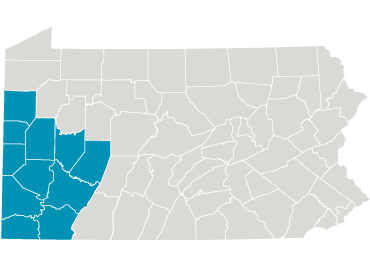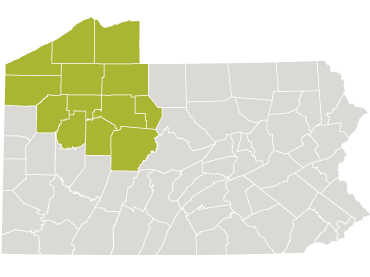Anita Saraf, MD, fell in love with research as an undergraduate student. But she also held a passion for becoming a physician and caring for patients.
Instead of picking between one or the other, Dr. Saraf chose both. A specialist in adult congenital heart disease, she provides patient care and researches adult congenital heart disease and potential treatments.
"My parents were physicians, so I grew up around medicine," Dr. Saraf says. "But I think there was something very intellectual about the research aspect of discovery and innovation, and it was just very appealing to me."
Congenital heart disease refers to heart problems that are present at birth. It's the most common birth defect. People born with congenital heart disease need care throughout their lives, from childhood to adulthood.
As an adult congenital heart disease specialist, Dr. Saraf cares for adults who were born with congenital heart disease. It's a growing population because advancements in treatment have helped to improve outcomes for congenital heart disease.
"These surgeries were not around 30 to 40 years ago, and innovation continues to happen even now," Dr. Saraf says. "So, we're learning a lot about these patients. We're learning how to take care of them. We're learning how they're very different from some of the typical cardiac patients who get heart attacks and other cardiac issues when they're older in life.
"Patients with congenital heart disease have cardiac complications from the beginning. It helps us get an insight into the heart in a very different way."
It's a field that provides a rich opportunity for research. Adult congenital heart disease patients may respond differently to treatments than people who developed heart disease as adults — even if their symptoms are similar. People with congenital heart disease also may be at greater risk for other heart problems.
Research can help investigate why those things happen. It also can provide options for other potential treatments and better outcomes.
“It's a complex puzzle, bringing research and clinical practice together," Dr. Saraf says. "I think that there are many pieces of that puzzle that are developed over the years that allow for all sorts of investigators, clinician-scientists, and clinicians to be able to carry that out at various different levels."
Because of the complexity of adult congenital heart disease, it's important for patients to have a care team they trust, Dr. Saraf says.
The UPMC Adult Congenital Heart Disease (ACHD) Center cares for children, adults, and pregnant patients with congenital heart disease. The center combines experts from the UPMC Heart and Vascular Institute, UPMC Children's Hospital of Pittsburgh, and UPMC Magee-Womens Hospital. It is accredited by the Adult Congenital Heart Association.
Through the ACHD Center, patients with congenital heart disease receive lifelong care.
“There are very few accredited ACHD centers, and ours is one of them," Dr. Saraf says. "We are unique, however, in that our children's hospital and our adult hospital, as well as the maternity unit, is truly linked together.
"Our team is with the patient through every stage in their life. They form a relationship with us and know that we'll be with them through the rest of their lives."
Just like Dr. Saraf herself, the ACHD Center has a dual purpose of patient care and research. The center has pioneered many different treatments over the years. The focus is on improving outcomes both now and in the future.
"If there is something that's in the forefront of patient care, you can get it here," Dr. Saraf says. "But it's not just the technical aspect or getting the best technology and techniques. You also have a team of doctors, team of nurses, and other health care providers who will take care of you as a patient.
"I think as an adult congenital provider, that's what makes more of a difference than anything else — making sure that your questions are answered, that you feel safe and secure while you get the care that you need, and you have somebody to talk to you as a person."
At UPMC, Life Changing Medicine means caring for our patients now and in the future.
Find Care Near You























